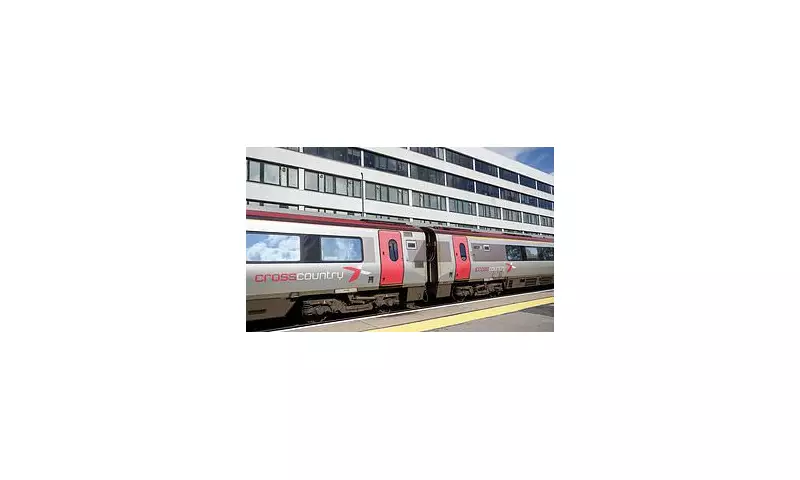
British rail passengers are enduring painfully slow internet connections that lag behind even developing European nations, according to devastating new research that exposes the UK's digital infrastructure crisis.
The Shocking Speed Gap
Commuters and long-distance travellers across Britain's railway network face download speeds averaging just 1.7 Mbps (megabits per second) - slower than Romania's 2.4 Mbps, Bulgaria's 2.1 Mbps, and even Albania's 1.9 Mbps. This means loading emails, browsing websites or streaming content becomes a frustrating battle against constant buffering and timeouts.
How Other European Nations Compare
The comprehensive study by internet testing firm MedUX paints a bleak picture of Britain's rail connectivity:
- Switzerland leads Europe with impressive 9.8 Mbps speeds
- Germany and France offer respectable 4-5 Mbps connections
- Eastern European nations including Romania and Bulgaria outperform Britain
- UK ranks 28th out of 31 countries surveyed across the continent
The Real Impact on Passengers
These sluggish speeds have real consequences for the millions who rely on train travel for work and leisure. Business travellers struggle with video conferences that freeze and drop out, students cannot access online learning materials, and ordinary commuters find themselves unable to complete basic online tasks during their journeys.
Industry Response and Excuses
Rail industry representatives point to challenging factors including Britain's hilly terrain, numerous tunnels, and older infrastructure that complicate signal distribution. However, critics argue these explanations ring hollow when nations with similar geographical challenges manage to deliver far superior service.
A Digital Divide on the Move
The findings highlight a growing 'moving digital divide' where passengers in less affluent regions and on certain train operators suffer disproportionately. Some routes offer barely functional connectivity, effectively creating internet blackspots that disrupt productivity and connectivity.
As remote working becomes increasingly common and digital dependency grows, this connectivity crisis threatens to undermine both passenger satisfaction and national productivity. The research raises urgent questions about whether Britain's rail network is equipped to meet 21st-century digital demands.





